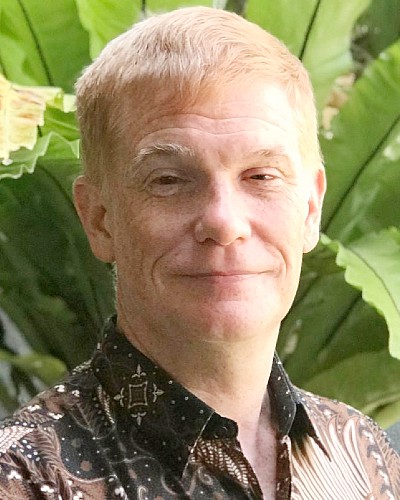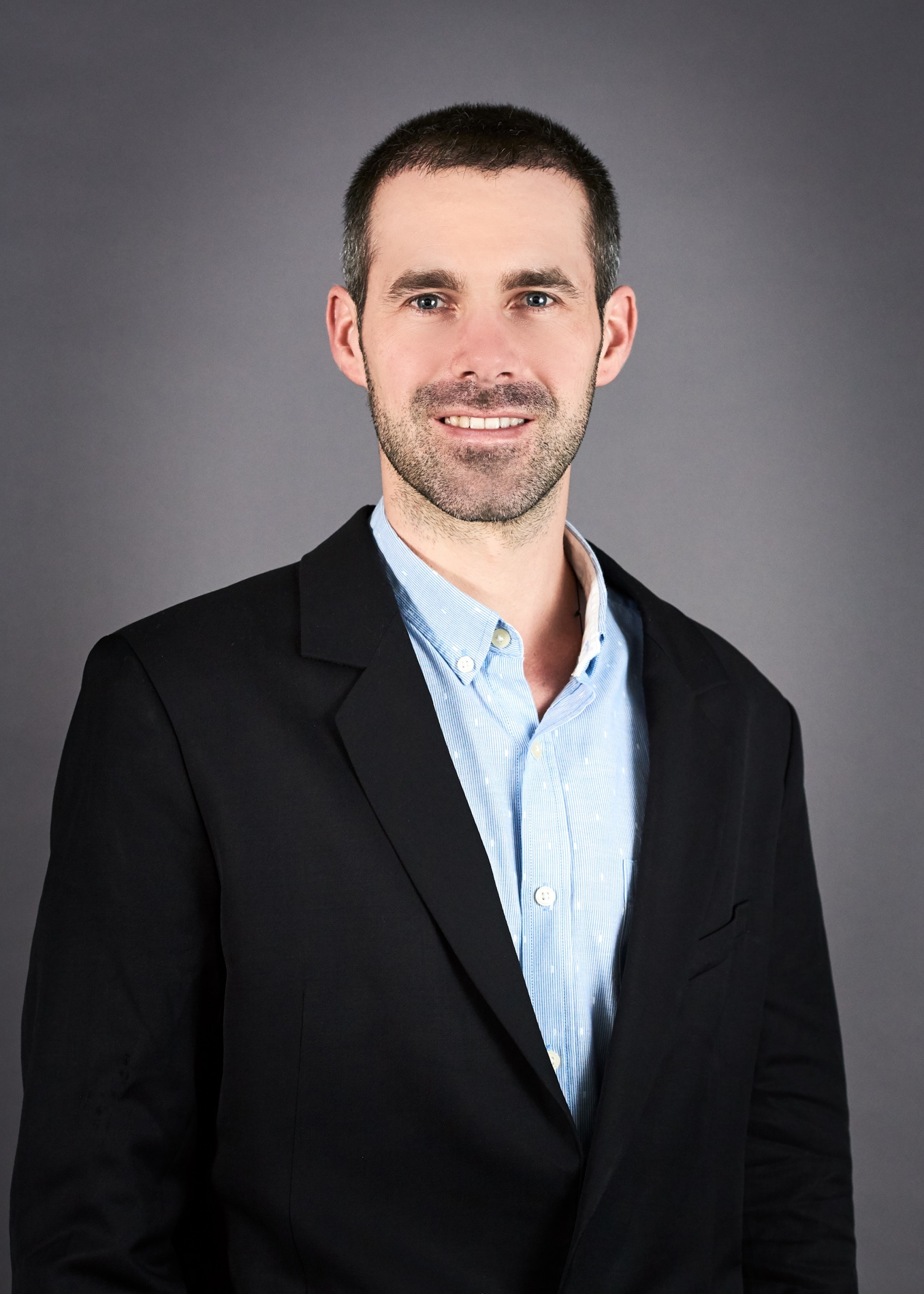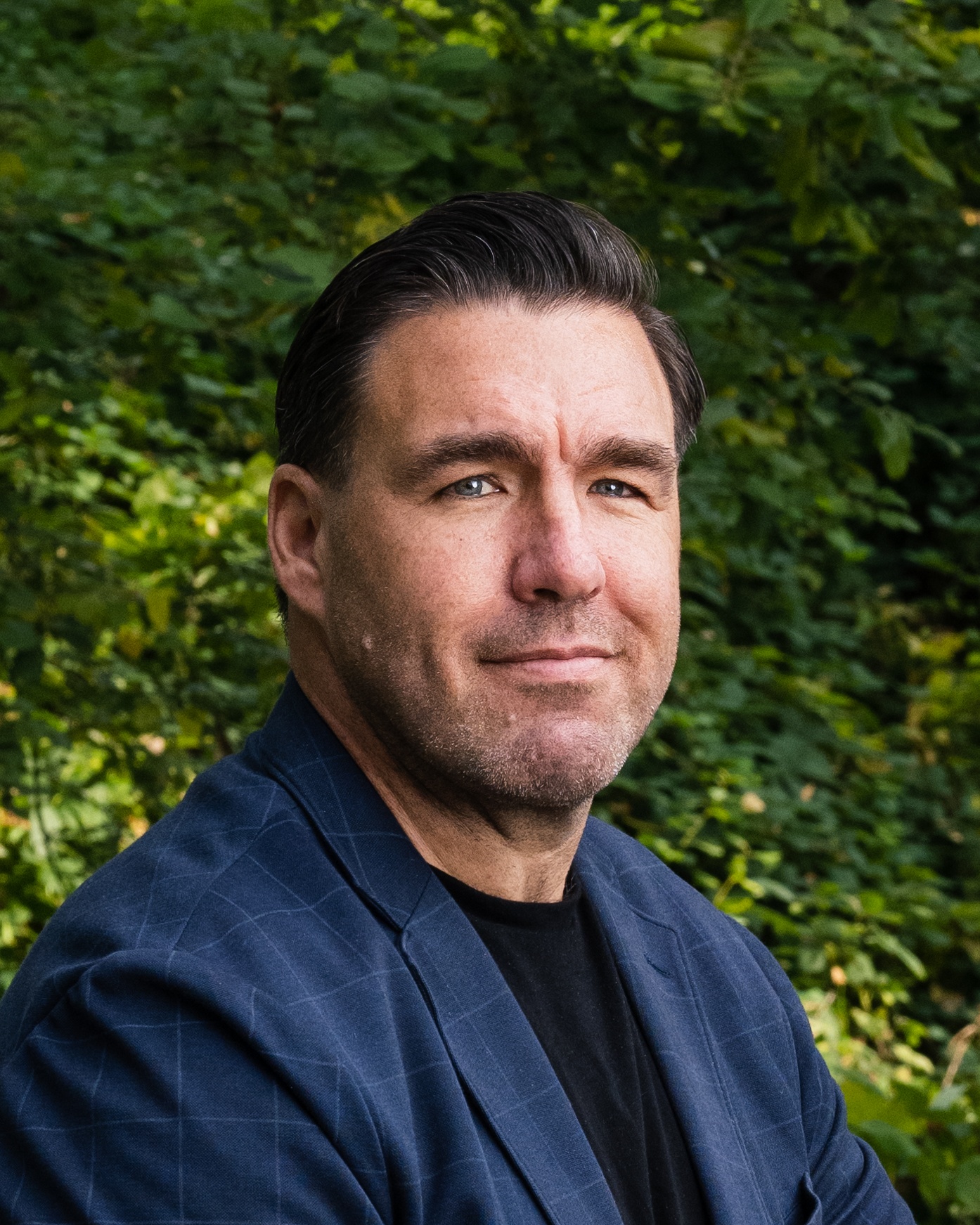Basic Income for Nature & Climate

Our team is interested in investigating the possible links between basic income, biodiversity conservation and climate change. The aim is to explore a new and doable approach that can address the social and environmental challenges associated with climate change and biodiversity loss.
Basic Income, Climate Change Mitigation and Biodiversity Conservation in Indonesia
We are specifically looking at Indonesia’s potential to contribute to climate change mitigation through the protection of carbon stocks within its forests in Indonesian New Guinea (Tanah Papua). The survival of these extraordinarily biodiverse forests is not only vital for its inhabitants but also of global importance in that these forests act as natural carbon stores. The region therefore deserves our special attention. In order to encourage and incentivize sustainable use of forest resources while at the same time opening up alternative development pathways, tailormade financial mechanisms are needed for the inhabitants of this region. In this context, basic income could play a central role in enabling such sustainable management of the forest.
The Basic Income approach in Tanah Papua
The Basic Income Lab at the Research Center for Climate Change at the University of Indonesia (RCCC UI) has developed a feasible/practicable concept of a basic income scheme that is linked to nature conservation. The scheme is based on mobilizing financial resources generated by putting a value on the existing forest carbon stocks and then distributing this as dividends via a so-called “Forest Carbon Dividend” (FCD). This aims to provide a regular payment of dividend in the form of cash to all qualified residents in the Papua and West Papua Provinces. We believe that a basic income scheme such as this would incentivize sustainable forest management and reward the local people for conserving one of the world’s most important forests. Such a scheme could also contribute to the development of a social protection infrastructure in Tanah Papua, where the poverty rate is the highest in Indonesia.
How FRIBIS contributes
BINC is a joint initiative between FRIBIS and RCCC UI and gets support from the Deutsche Gesellschaft für Internationale Zusammenarbeit (GIZ). Further research on the basic income scheme will be done within FRIBIS to explore the feasibility of FCD in Tanah Papua and its possible impact on various aspects of social and personal life. FRIBIS provides scientific expertise, financial support as well as facilitating advocacy and policy dialogue of the proposed basic income scheme at the international level. The long-term goal of the project would be to implement a multi-year basic income pilot project on an appropriate scale in one of the districts in Tanah Papua.
Learn more about Basic Income for Nature and Climate here:
- Mumbunan S., Maitri, N.M.R., Tazkiana, D., Prasojo, A., Sihite, F., Nabella, D.M. (2021). Basic Income for Nature and Climate. On the first Basic Income proposal to conserve nature and combat climate change on the largest tropical island on Earth. Depok: Research Center for Climate Change Universitas Indonesia. (ISBN 978-602-60534-3).
- Schmidt-Pramov, F. (2021). A basic income for nature and climate in Tanah Papua. Berlin: GIZ. (Policy Brief).
- A webinar on the launching of the first Basic Income for Nature and Climate report and dissemination of findings can be found here [videos available in Indonesian only].
Research Team

is an economist at the Research Centre for Climate Change of the University of Indonesia (RCCC UI). He is the founder of Basic Income Lab under RCCC UI, which is a new lab spearheading the scientific discussion on basic income for nature and climate in Indonesia. Sonny is also a senior economist at the World Resources Institute (WRI) Indonesia, where he coordinates the country work for the New Climate Economics. He wrote his dissertation at the Economics Department of the Helmholtz Centre for Environmental Research (UFZ) and earned his PhD in Economics (Dr.rer.pol.) from Universität Leipzig, Germany. Sonny lives in Jakarta, Indonesia and is an active member of the International Society for Ecological Economics (ISEE) and Indonesian Academy of Young Scientists (ALMI).
He lives in Jakarta, Indonesia
Transfer Team

is the Program Director of the Forests and Climate Change Programme (FORCLIME) in Indonesia, implemented by GIZ and Indonesia’s Ministry of Environment and Forestry. He currently lives in Jakarta, Indonesia and supports policy development on forest and climate change at national and sub-national level, including public financing options for Reducing Emissions from Deforestation and Forest Degradation (REDD+) and nature conservation. He graduated from the Faculty of Forestry in Freiburg, Germany and is an active member of the Basic Income Earth Network (BIEN) and the German Foresters Association.
He lives in Jakarta, Indonesia

is an advisor for Sustainable Forest Management (SFM) in the FORCLIME project in Indonesia, which is being implemented by GIZ and Indonesia’s Ministry of Environment and Forestry (MoEF). He currently lives in Jakarta and supports the project on forest and climate policy at national and sub-national level, focussing on the Indonesian FOLU Net Sink 2030 Strategy. Previously he worked on forest, climate, and land-use related issues in Latin Amerika and Africa. His academic background is in international forestry, GIS & remote sensing, and rural development.
He lives in Jakarta, Indonesia

studied psychology and neuroscience at Hamburg, Philadelphia, and Maastricht. He completed his PhD in computational neuroscience at the University of Cambridge. He is one of the coordinators of the Basic Income working group of the German Green party and of the Green Network of UBI supporters. He is also an editor of the “European Green Perspectives on Basic Income” magazine, which brings together experts on basic income from across Europe with a collection of articles exploring different aspects of the Universal Basic Income debate.
Hannes currently lives in Geneva, Switzerland.

Fabian Schmidt-Pramov
worked for many years in Germany and abroad with the German Society for International Cooperation (GIZ) as a policy advisor in the field of mobilizing finance for forest and climate protection. He is co-founder of the consulting firm “Amsel & Ara” and the nature-tech startup “biometrio.earth”. He has an extensive expertise in forests and climate change, nature-based solutions, deforestation-free supply chains, REDD+, carbon markets and forest finance with work experience in Peru, Costa Rica, Panama and Indonesia. Fabian holds an M.Sc. in Tropical Forestry and Management from the University of Dresden.
He lives in Bremen, Germany.
Associated Members

Robert Fletcher
is Associate Professor in the Sociology of Development and Change group at Wageningen University in the Netherlands. He is an environmental anthropologist with research interests in conservation, development, ecotourism, globalization, climate change, social and resistance movements, and non-state forms of governance. He uses a political ecology approach to explore how culturally-specific understandings of human-nonhuman relations and political economic structures intersect to inform patterns of natural resource use and conflict. Among other publications, he is the author of Romancing the Wild: Cultural Dimensions of Ecotourism (Duke University, 2014) and Failing Forward: The Rise and Fall of Neoliberal Conservation (U of California, 2023), and co-author of The Conservation Revolution: Radical Ideas for Saving Nature beyond the Anthropocene (Verso, 2020).